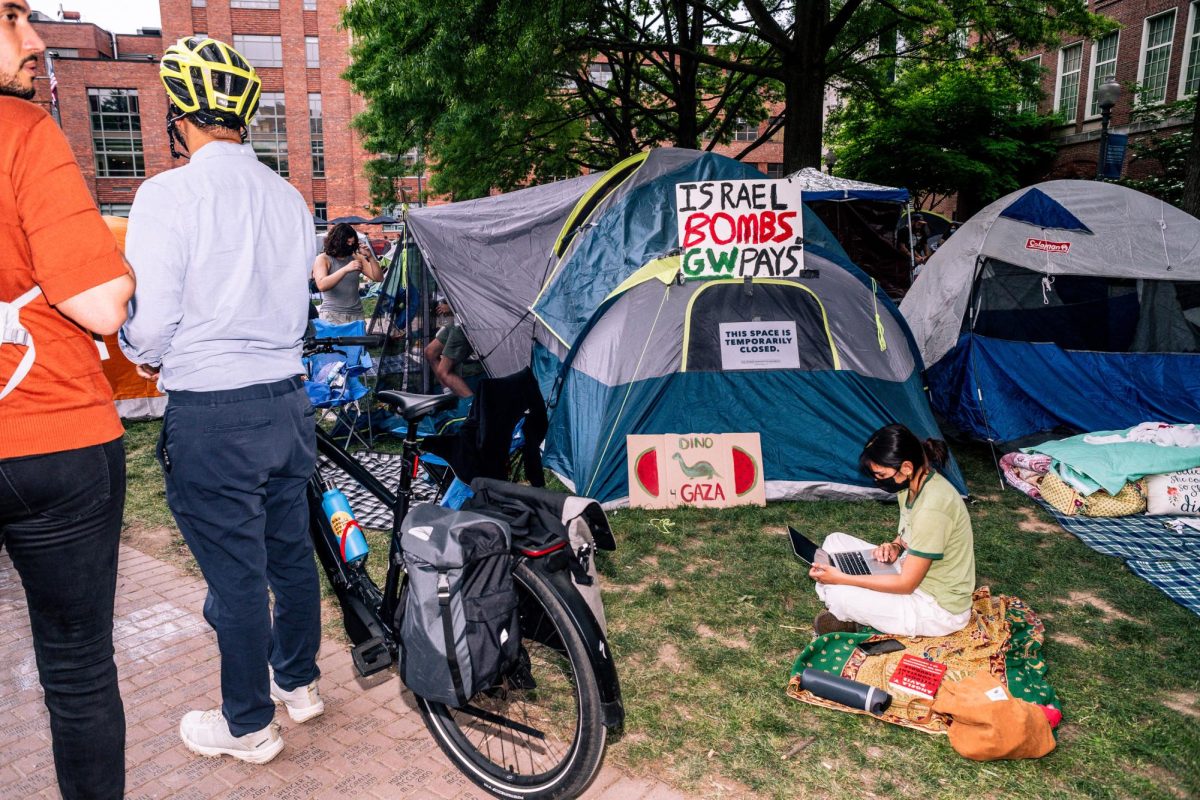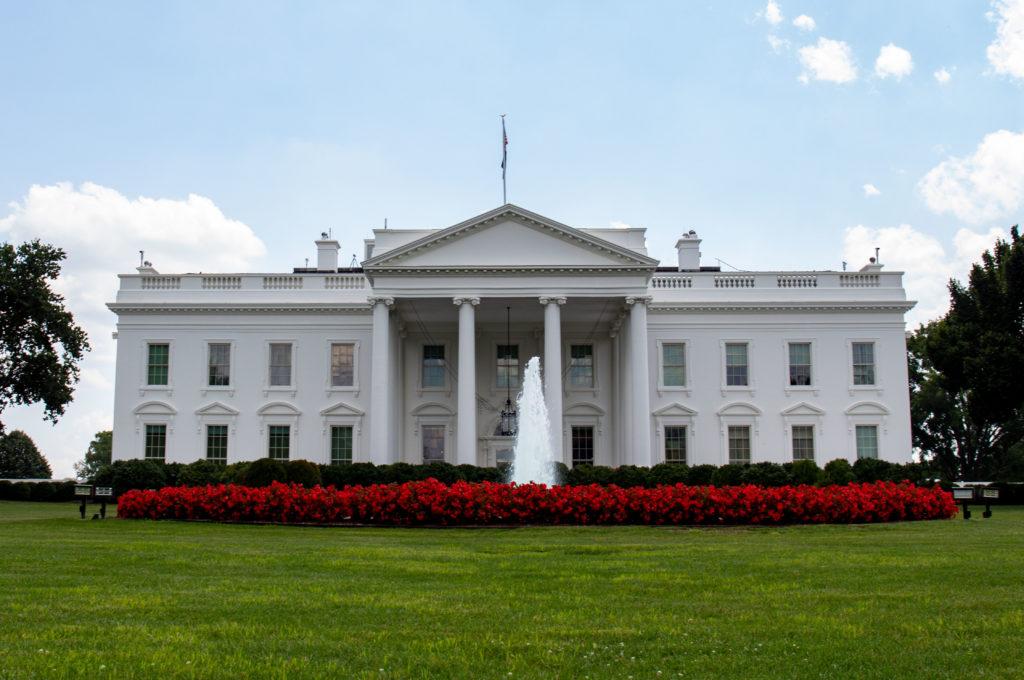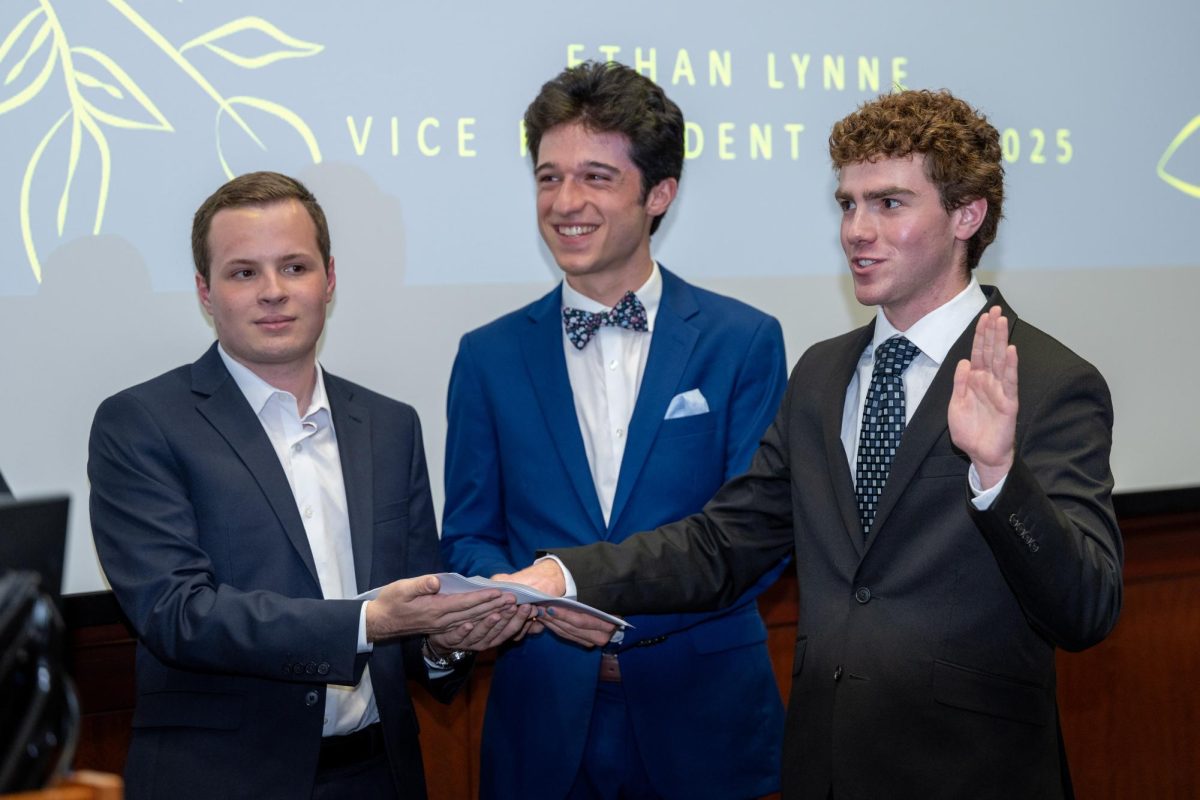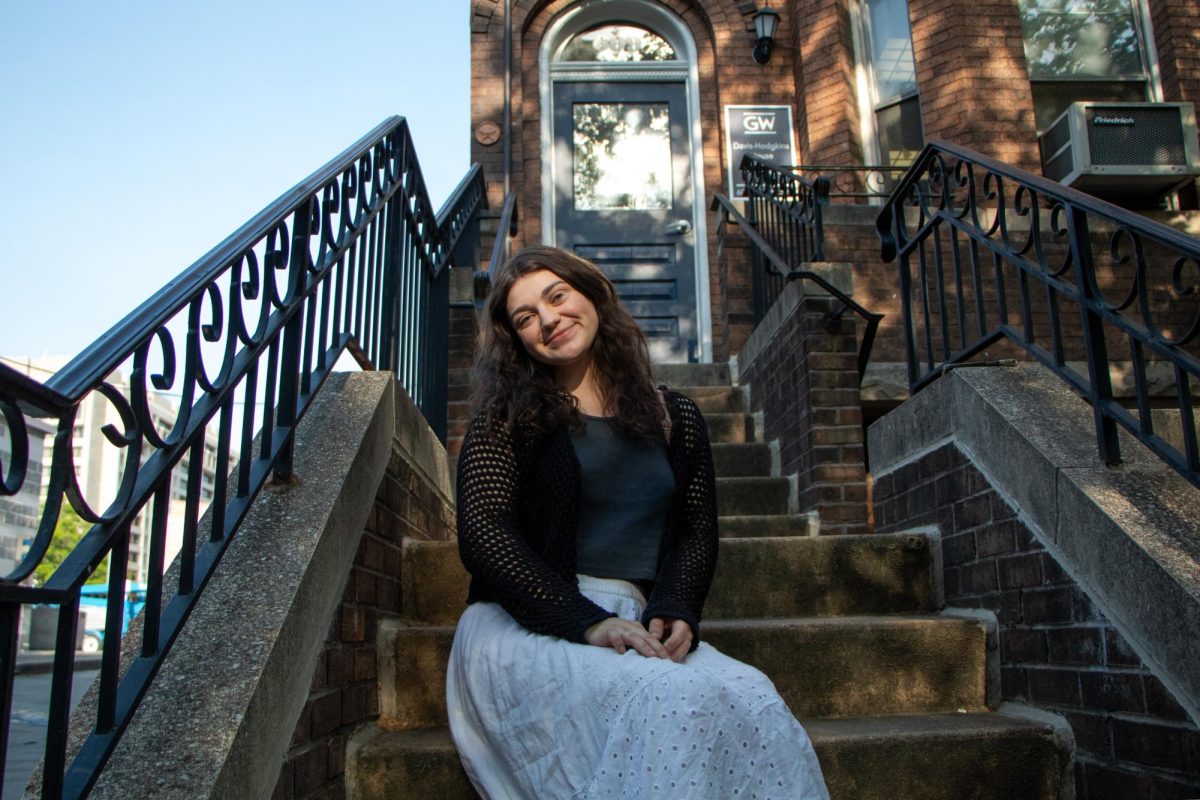Professor Steven Livingston taught the first day of his introduction to political communication course via webcam from Iraq, with the sounds of bombs exploding in the background.
Livingston and Sean Aday, professors in the School of Media and Public Affairs, spent winter break teaching Iraqi government spokespeople and journalists how to establish a more accountable and functional relationship between the Iraqi government and the press.
“The concept of democratic accountability through a free press is very foreign to Iraq,” Livingston wrote in an e-mail from Iraq. “The press was not free. The journalists had one duty: say exactly what they were told to say. It becomes engrained after a while, so sorting that out, sorting out a new way of thinking, is tough.”
The trip was Livingston’s third in a year, but it was the first time he had brought another professor with him.
The Iraqi journalists and politicians the professors worked with are often targeted for intimidation and assassination, Aday said, citing the nearly 40 journalists who have been killed since 2005.
“The biggest challenge is obviously that the people we are talking to face the near constant threat of being killed for what they do,” Aday wrote in an e-mail. “What do you say to someone who says, ‘But if I ask some politicians tough questions they will have me killed?’ or ‘the last government official who went on TV a lot became so well-known to the terrorists that they assassinated him?’ You have to find ways to work within the security situation they are confronting.”
The professors themselves risked personal injury during their stay in Mosul. On New Year’s Eve, three rockets hit the secure forward operating base where they were staying.
In order to protect themselves from the violence, Aday and Livingston traveled under the protection of armed U.S. military personnel in armored humvees or mine-resistant ambush protected vehicles.
Because the professors’ trip overlapped with the first week of classes, Livingston decided to teach his classes via Skype, an online video chatting service.
Though Aday and Livingston faced the threat of death on a daily basis, they said they saw an appreciation for their work.
“The response has been overwhelming and quite moving,” Aday said, “Journalists especially have been thoroughly engaged in our training sessions and seemed to really appreciate that we were willing to leave our families and come all the way to their country, despite the risks, to work with them.”
Aday added that there is still work to be done, however.
“This is going to be a long process,” he said. “Functioning democracies aren’t built overnight.”







